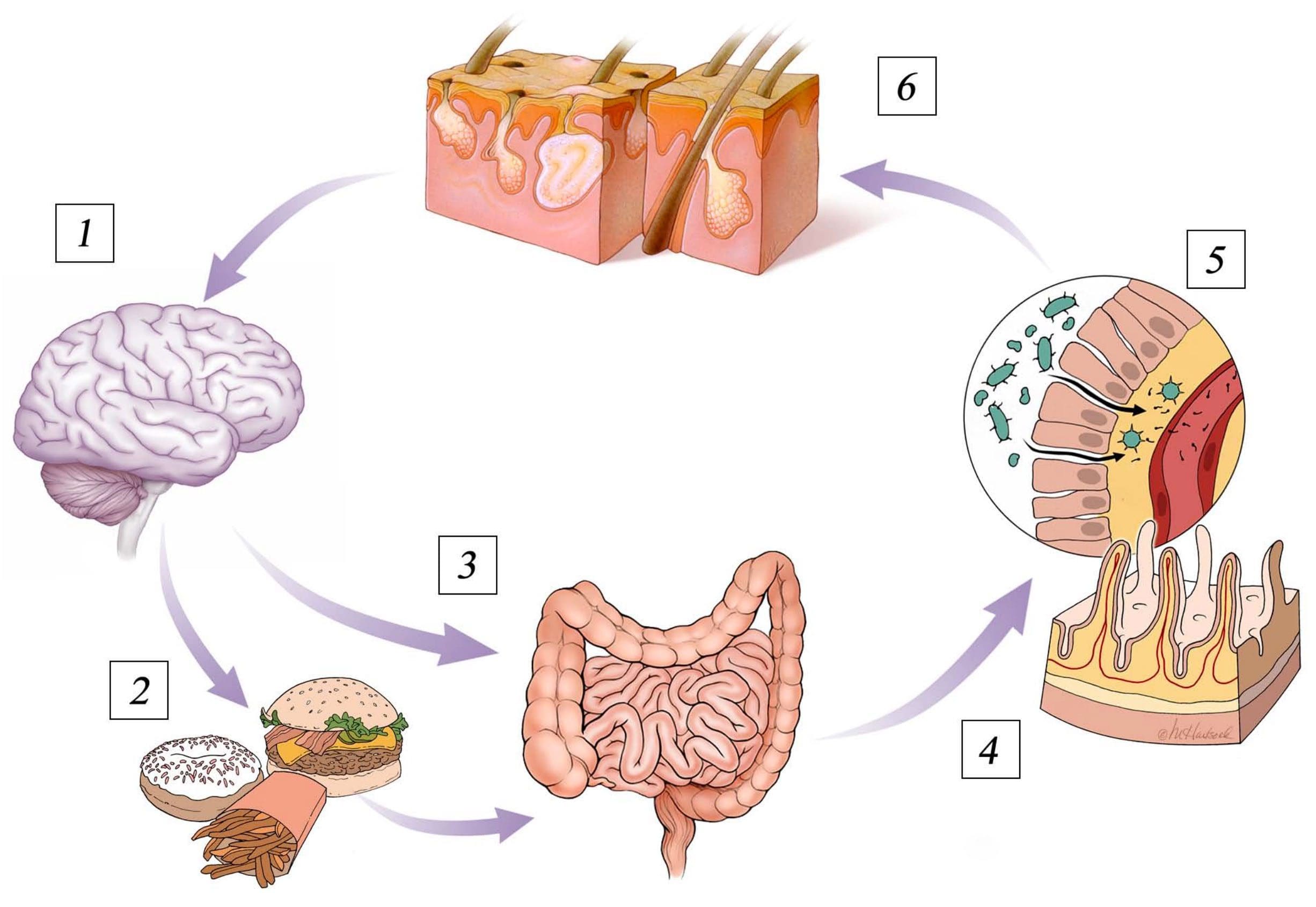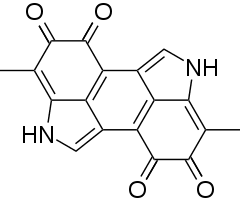Everyone in the world wants healthy skin. We see it advertised on television with lotions and vitamin supplements. When we exercise and change our eating habits, we see our skin getting firmer with the foods we consume. However, whenever we are stressed, anxious, consuming junk food, or staying out in the sun too long; our skin takes a huge toll on our body. Our skin is the largest organ that covers our entire skeleton structure. When we expose our skin to harsh environments or have skin ailments that we contracted during our birth, our skin is depleted with the certain nutrients that our skin needs.
Glutathione:
Glutathione is known as the “wonder drug” for skin lightening. For some darker toned individuals, it will lighten up their natural melanin. This stigma has been popularized by media influences so people can have “porcelain skin.” However, glutathione actually made up of three amino acids:- Glutamine
- Glycine
- Cysteine
Melanin
This powerful antioxidant fights off free radicals in our immune system and is compatible with Vitamin E and C. For a natural way to make sure that your body keeps the glutathione nutrients when you get older with age, here are some vegetables that are enriched with glutathione:
- Garlic
- Onions
- Avocado
- Cabbage
- Okra
- Spinach
- Kale
- Cauliflower
Omega-3:
Omega-3s is one of the most common supplements that is known for healthy skin. This supplement keeps the body healthy as well as preventing inflammation. Omega-3s are mostly in:- Fish
- Legumes
- Walnuts
- Avocados
- Eggs
- Spinach
Other patients with omega-3 deficiency have been known to have psoriasis, thus using a topical lotion infused with omega-3s have been known to calm down the inflammation.
Vitamin E:
Vitamin E is one of the oldest and most trustworthy supplements that has been used for 50 years and more in dermatology. This supplement works together with Vitamin C to combat against the sun; which is harmful to our skin.Certain food groups that contain Vitamin E and Vitamin C are excellent sources for your overall health.
Glucosamine:
This supplement combined with chondroitin has been the combo duo to improve the hydration of the skin as well as reducing wrinkles and healing wounds on our skin.Biotin:
Biotin is the three-for-one supplements that target your nails, hair, and skin. This supplement can be found in vitamin pills at your local stores and is highly recommended by dermatologists. However, some people have biotin and zinc deficiency that can be linked to skin abnormalities, thus, biotin plays an important role in our skin health.You can either take the vitamin pill or incorporate certain food groups like eggs, nuts, whole grains, some dairy products, and certain vegetables in your diet to get the beneficiary nutrients to keep your skin healthy.
Niacin:
Also known as vitamin B3, has been known to support skin health. This nutrient has many beneficial effects to promote skin wellness. It is one of the most essential nutrients we consume since our bodies can’t produce it on their own. Some of the food groups are in the meat department and vegetarian department:- Mushrooms
- Potatoes
- Legumes
- Whole grains
- Meat
- Fish
- Eggs
- Milk
Vitamin A:
Vitamin A is filled with nutrients as it contains beta-carotene, thus it is mostly fruits and vegetables that contain this supplement. This supplement plays an important role as it helps repair any skin deficiencies and eye health. Some of the foods that boost up vitamin A are:- Carrots
- Broccoli
- Cantaloupe
- Squash
Vitamin C:
Vitamin C is one of the most top tiers of improving skin health and has many beneficial factors in our immune system. Some patients develop scurvy when they don’t have enough vitamin C in their system. It is mostly found in citrus fruit, which is one of the best ways to consume the vitamin into your system.But, there is a catch when you are taking vitamin C. Vitamin C when exposed to light, can oxidize and become unstable. So if you are taking the supplement, it should be stored in a dark place and the PH should be at 3.5.
Zinc:
Zinc is one of the supplements that support healthy skin. This micronutrient can protect our skin from the sun and supports our inflammatory system. Some of the food that actually can help us prevent sun damage and give us a zinc supplement boost include seeds, meat, shellfish, dairy and dark chocolate.When our skin needs these 9 nutrients, they are thanking us for taking the time to get the necessary supplements to make sure our bodies are still functional and that we live a long healthy life. Granted that the media has televised about many ways to promote skin health, but it actually starts with eating the right foods that our body craves. When we eat processed food and ingest artificial sugars into our bodies, we feel sluggish, our skin takes a toll on the lack of nutrients we are not giving and so many health problems that we will face.
Yes, we can take topical creams and lotions to nourish our skin and combat the dryness that our skin faces. But that can only go for so long unless we change our eating styles. Some people may freak out because they hear the word, “diet” and are limited to what they can eat. However, when it’s a health issue and our physicians tell us that we need to eat healthier, we give it a go. Therefore, eating right is a lifestyle choice and it starts with these 9 nutrients to make sure our largest organ is taken care of as well as the rest of our body system. When we cut back on the bad food and focusing on good food, our bodies feel so much better.
NCBI Resources
Living a healthy lifestyle and eating your basic food groups; whether it be plant-based or omnivorous, as well as, exercising a couple of times out of the year. A bad healthy lifestyle is eating processed food and not exercising, which leads to obesity and cardiac arrest. Depending on the person and the efforts that they are willing to maintain a healthy lifestyle, they can achieve longevity by taking care of their gut first and foremost.
Cite
Decreased skin-mediated detoxification contributes to oxidative stress and insulin resistance: https://www.ncbi.nlm.nih.gov/pmc/articles/PMC3415238/Glutathione for skin lightening: a regnant myth or evidence-based verify?: https://www.ncbi.nlm.nih.gov/pmc/articles/PMC5808366/
Study on the use of omega-3 fatty acids as a therapeutic supplement in the treatment of psoriasis: https://www.ncbi.nlm.nih.gov/pmc/articles/PMC3133503/
Protective effect against sunburn of combined systemic ascorbic acid (vitamin C) and d-alpha-tocopherol (vitamin E): https://www.ncbi.nlm.nih.gov/pubmed/9448204/
20 Foods That Are High in Vitamin E: https://www.healthline.com/nutrition/foods-high-in-vitamin-e
Glucosamine: an ingredient with skin and other benefits: https://www.ncbi.nlm.nih.gov/pubmed/17716251
Skin manifestations of biotin deficiency: https://www.ncbi.nlm.nih.gov/pubmed/1764357
9 biotin-rich foods to add to your diet: https://www.medicalnewstoday.com/articles/320222.php
Nicotinic acid/niacinamide and the skin: https://www.ncbi.nlm.nih.gov/pubmed/17147561
20 Foods That Are High in Vitamin A: https://www.healthline.com/nutrition/foods-high-in-vitamin-a
Topical L-ascorbic acid: percutaneous absorption studies: https://www.ncbi.nlm.nih.gov/pubmed/11207686
Innovative uses for zinc in dermatology: https://www.ncbi.nlm.nih.gov/pubmed/20510767






